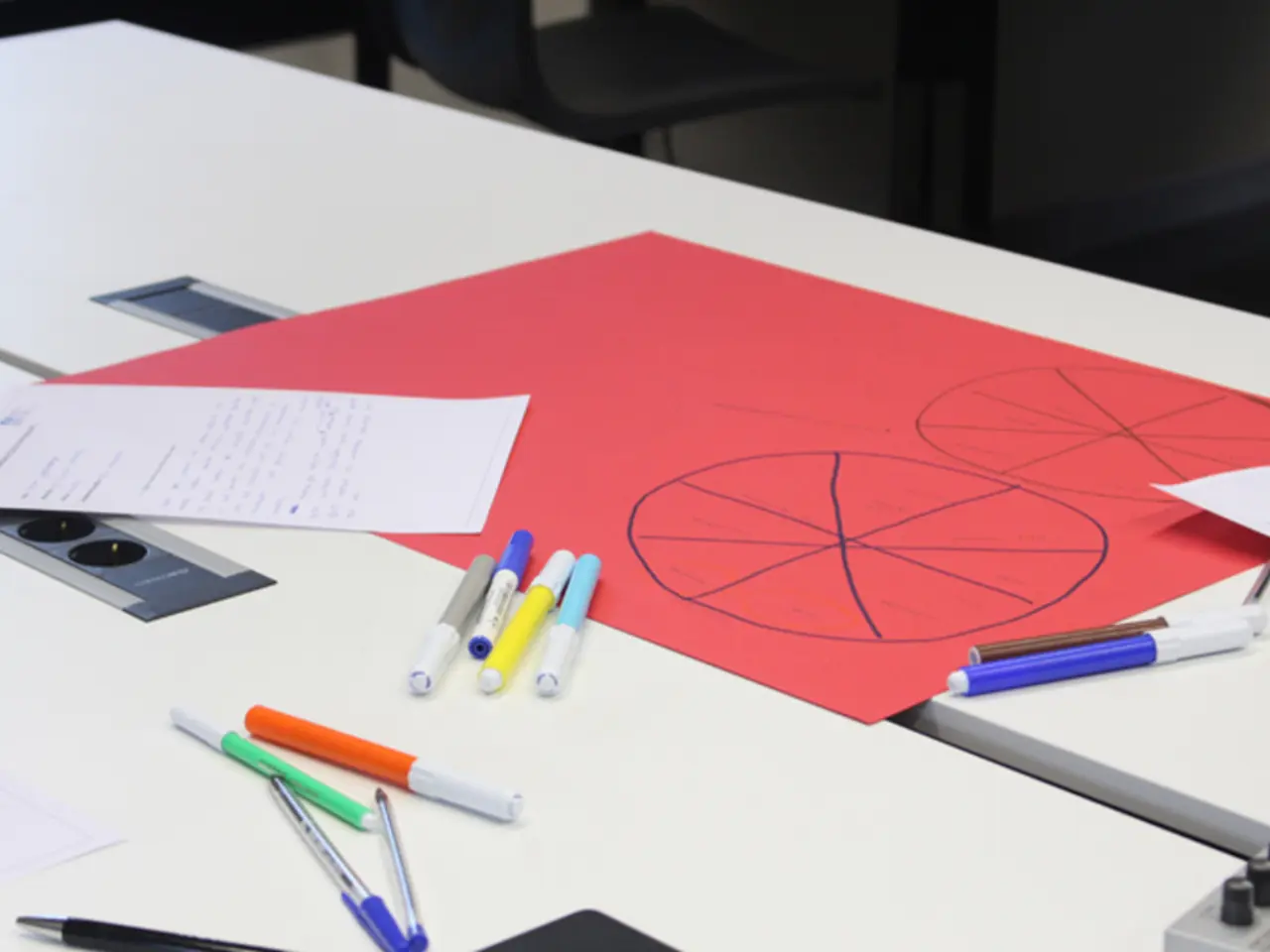Exploring the Effects of Aging on Cerebral Health: Critical Obstacles and Strategies for Overcoming Them
As we age, preserving brain health and maintaining mental acuity becomes increasingly important. A growing body of research suggests that lifestyle factors play a significant role in this process. Here's a look at the key areas that can help keep your mind sharp:
## Cognitive Stimulation
Engaging in mentally stimulating activities is crucial for cognitive well-being. Puzzles, reading, or learning new skills can enhance cognitive function and potentially delay cognitive decline. Social interaction also contributes positively to cognitive health, reducing feelings of loneliness and depression, which are linked to cognitive decline.
## Physical Exercise
Regular physical activity is known to improve memory, mood, and mental sharpness. It increases blood flow to the brain and promotes the release of brain-derived neurotrophic factor (BDNF), which supports memory and learning. Exercise has been shown to reduce the risk of cognitive impairment by fostering positive physiological changes, such as increased hippocampal volume and improved functional brain adaptability.
## Nutrition
Diets rich in omega-3 fatty acids, antioxidants, and other nutrients like iron, iodine, and zinc support brain health. The Mediterranean and MIND diets are particularly recommended for their association with slower cognitive aging and reduced dementia risk. Conversely, ultra-processed foods and diets high in saturated fats and sugar have been linked to poorer cognitive function and increased neurodegenerative risk.
## Stress Management
Effective stress management through practices like meditation or yoga can contribute to better emotional health, which is linked to enhanced cognitive function and resilience against cognitive decline. Strong social support networks can also serve as a buffer against stress, promoting higher levels of cognitive function and overall well-being.
## Additional Considerations
Avoiding harmful lifestyle factors, such as smoking, is crucial. Even smokers who maintain other healthy habits, such as regular exercise and social connections, may experience similar cognitive aging rates as non-smokers. Implementing a multidomain intervention that includes physical exercise, cognitive stimulation, and stress management can have significant benefits for cognitive health in older adults.
An interdisciplinary approach to mental stimulation can ensure that multiple aspects of cognition are exercised regularly. Consuming antioxidants is particularly important for combating the oxidative stress associated with ageing and protecting brain cells from damage.
In conclusion, understanding the factors that contribute to cognitive decline and identifying effective strategies to preserve mental function can help control the ageing process. Maintaining a sharp mind is important for personal satisfaction and being able to help others in meaningful ways.
- Engaging in activities like puzzles, reading, or learning new skills, which are mentally stimulating, can enhance cognitive function and potentially delay cognitive decline.
- Diets rich in omega-3 fatty acids, antioxidants, iron, iodine, and zinc support brain health, making diets like the Mediterranean and MIND diets beneficial for slower cognitive aging and reduced dementia risk.
- Regular physical exercise improves memory, mood, and mental sharpness by increasing blood flow to the brain and promoting the release of brain-derived neurotrophic factor (BDNF).
- Effective stress management through practices like meditation or yoga, and maintaining strong social support networks, can contribute to better emotional health, cognitive function, and resilience against cognitive decline.
- Avoiding harmful lifestyle factors, such as smoking, is crucial for maintaining cognitive health and slower cognitive aging rates, even if other healthy habits are in place.
- An interdisciplinary approach to mental stimulation, including cognitive stimulation, physical exercise, stress management, and a diet rich in antioxidants, can ensure that multiple aspects of cognition are exercised regularly, helping to protect brain cells from damage and combat the oxidative stress associated with aging.




